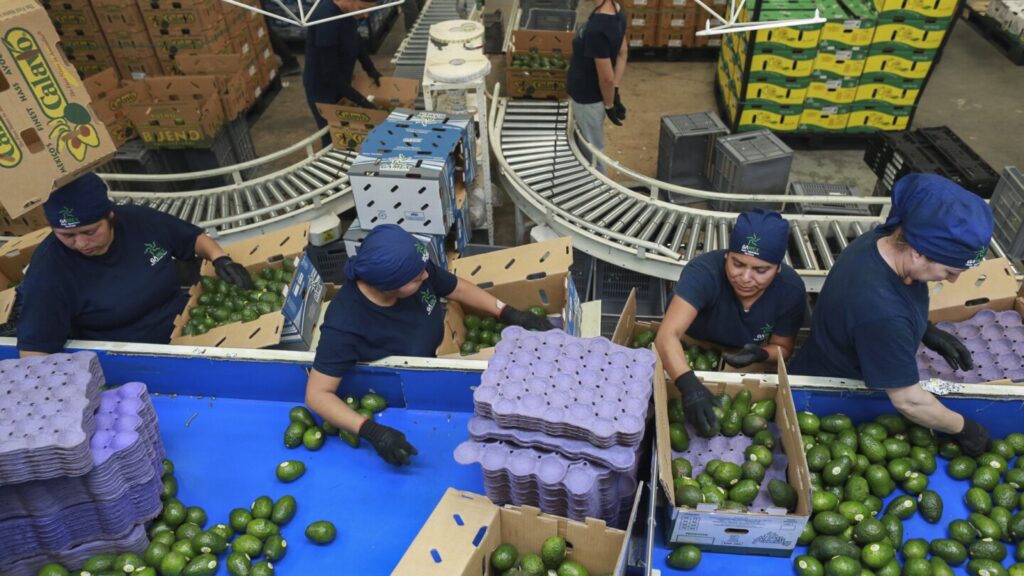Marc Rosenberg, CEO of The Edge Desk, is preparing to launch a high-end ergonomic chair aimed at alleviating back pain and enhancing productivity. However, navigating the uncertain terrain of President Trump’s fluctuating tariff policies has left him hesitant. The imposition and subsequent exemptions of tariffs on imports from major trading partners like Canada, Mexico, and China have created a turbulent environment for businesses, impacting decision-making processes and investment plans.
The unpredictability of tariffs, which act as a tax on importers and can lead to increased consumer prices and retaliatory measures from trading partners, has left businesses like Rosenberg’s in a state of limbo. The ever-changing tariff landscape has disrupted supply chains, manufacturing decisions, and investment strategies, leading to delays and cancellations that hinder economic growth.
President Trump’s latest tariff strategies, including invoking national emergencies and expanding tariff targets, have further muddled the situation. The lack of clear objectives behind the tariffs, ranging from border security to revenue generation and trade deficits, adds to the confusion and uncertainty for businesses.
This uncertainty has rippled through various industries, with businesses expressing concerns about the impact on their operations and future plans. From furniture suppliers to specialty spirits shops, the tariffs have forced businesses to reassess budgets, delay projects, and reconsider expansion plans, ultimately stalling growth and creating a challenging business environment.
As the trade war continues to unfold with unpredictable twists and turns, businesses are left grappling with the fallout and struggling to adapt to the uncertain landscape created by shifting tariff policies.

